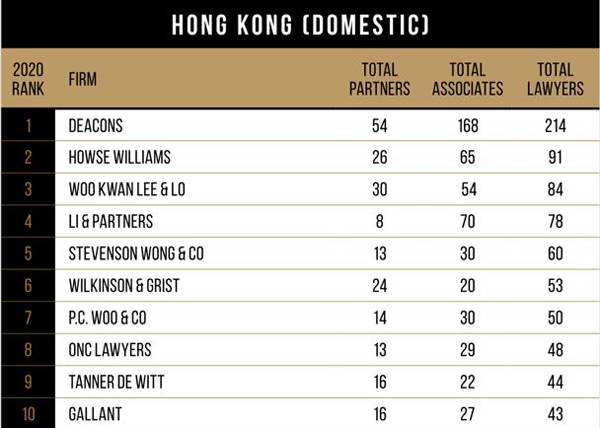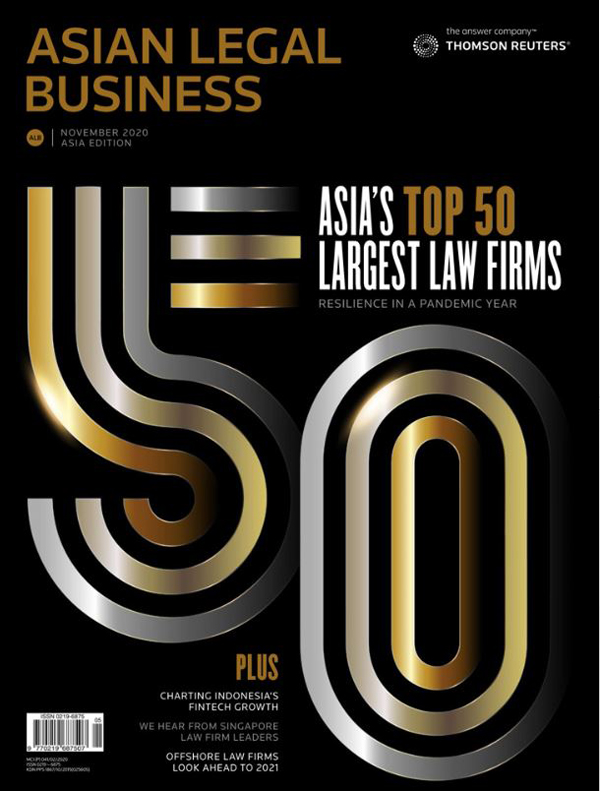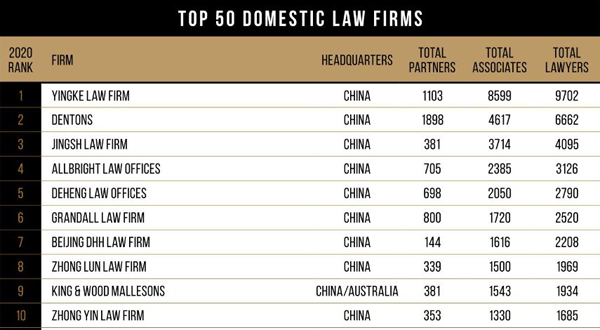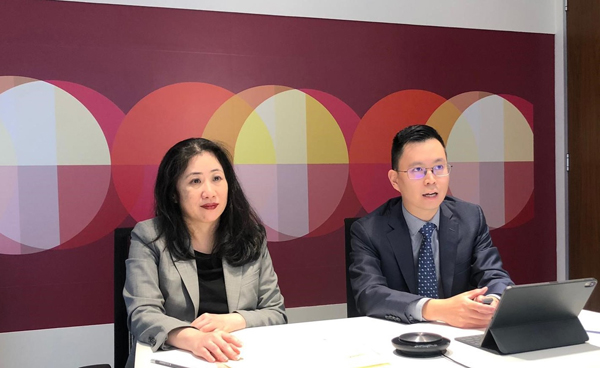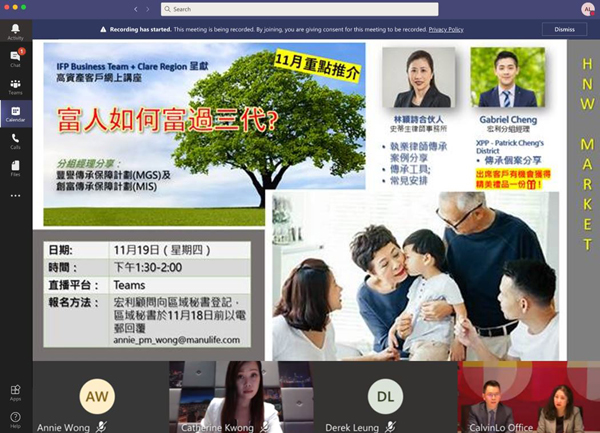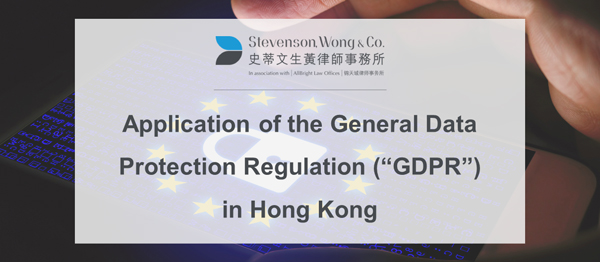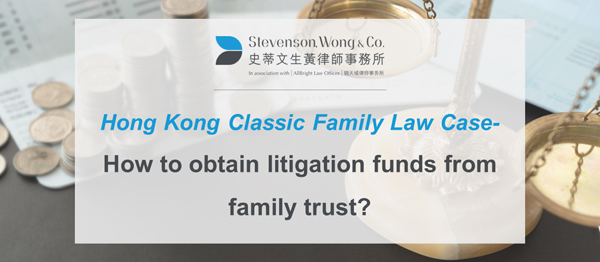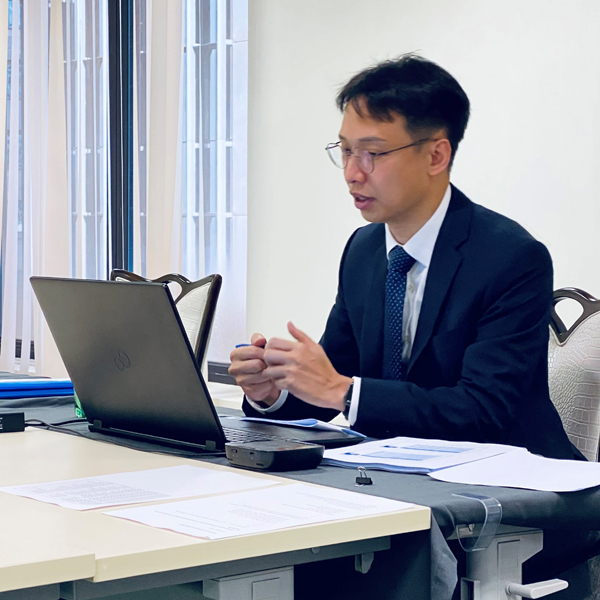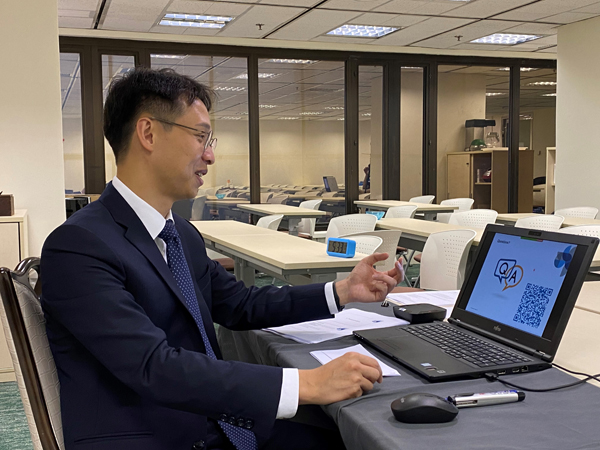On 20 November 2020, our firm’s partner Milly Hung was invited to attend the student award presentation ceremony at The Faculty of Law, The University of Hong Kong (HKU), to present prizes on behalf of Stevenson, Wong & Co.

Our firm’s partner, Ms. Milly Hung (in the middle), presented the Stevenson, Wong & Co. Prizes to Miss. Chan Gee Ting (on the left), awardee of the Prize in Employment Law & Practice and Miss. Ho Ka Hei (on the right), awardee of the Prize in Commercial Dispute Resolution.
Stevenson, Wong & Co. has been nurturing the future generation of young lawyers by sponsoring academic prizes at local universities since 2010. This year, we are honoured to be the HKU sponsor of the prizes for commercial dispute resolution and employment law & practice.
Congratulations to the 2 talented students for their outstanding performances.
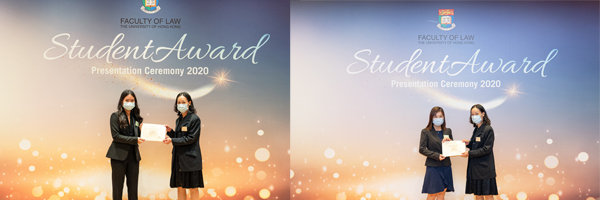
Please contact Ms. Milly Hung for more information or enquiries.

